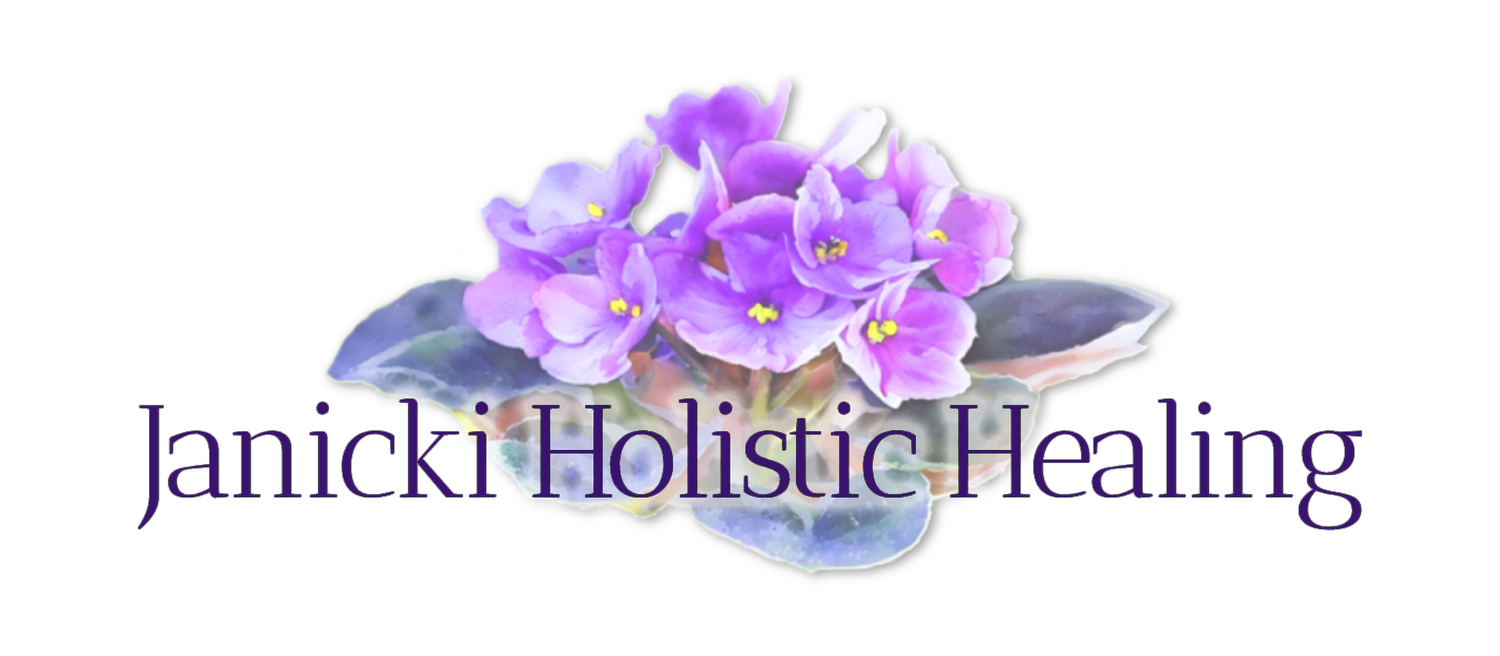The Subtle Art of Not Being Reactive: A Journey
Learning to manage our emotional reactions is an important aspect of personal growth and self-improvement. However, it’s essential to acknowledge that experiencing emotional reactions is a deeply human experience. Here’s why it’s important to strive for less emotional reactivity while also recognizing/holding space for our emotions.
The first step in this journey? Understanding that experiencing emotional reactions is a natural response to the world around us. Whether it’s frustration, anger, or sadness, our emotions are often triggered by external events or internal thoughts. It’s vital to validate these feelings and understand that they are an integral part of being human, even when the feelings are difficult.
While acknowledging the validity of our emotions, it’s equally important to recognize when these reactions become detrimental and keep us “stuck”. When we consistently react impulsively without considering the consequences, it can lead to strained relationships, heightened stress levels, and guilt/shame within ourselves.
So how do we work towards being less emotionally reactive? One effective approach is practicing mindfulness. Mindfulness involves paying attention to our thoughts and feelings without judgment. By developing this awareness, we can create a space between the triggering event and our reaction, allowing for more intentional responses. For those who aren’t on the mindfulness bandwagon, keep reading. I get it.
Another way to be less reactive involves learning how to regulate our emotions through deep breathing exercises and relaxation techniques. Taking deep breaths during moments of agitation signals the body to calm down and reduces the intensity of our emotional responses. I know this sounds simple, cliche, some of you may be eye-rolling. Honestly, even relieving that huge sigh of UGH before responding to a message, email, or a deep breath before thinking of our response can make all of the difference.
Developing healthy coping mechanisms such as exercise or creative expression can also contribute significantly towards managing emotional reactivity. Engaging in physical activities like running or practicing yoga channels excess energy in a constructive way while promoting a sense of inner peace. Joining a class, going for a run, ripping paper, or writing can be great outlets when we are feeling very activated as well. If you play a musical instrument: consider trying this one too! When I have been at my most frustrated, strumming my bass has felt like such a good release.
Cultivating self-awareness plays a crucial role in managing emotional reactivity. By understanding what triggers certain emotions within us, we can preemptively prepare ourselves with strategies for dealing with them before they escalate into intense reactions. My biggest word when it comes to defeating reactivity within myself: pause. Personally, my first immediate thought isn’t always great, so I try to pause before approaching a frustrating or overwhelming situation. Pausing, walking away, disengaging, and reflecting are great first steps to practice the “pause” of it all.
It’s vital not only for ourselves but also for those around us! As excessive emotional reactivity may impact others negatively, taking steps toward the pausing will not only help us, but the ones around us that we love. With great reactivity can be great consequence, so it is important to have a healthy outlet, such as music, exercise, or talk therapy, to release that strong emotion.
However, emphasis should be placed on understanding that striving for reduced emotional reactivity does not equate suppressing genuine feelings altogether; rather it promotes processing them thoughtfully before acting upon them impulsively. This assists us in fostering healthier interactions both internally and externally.
Acknowledging that experiencing strong emotions is intrinsic part of being human, but making conscious efforts towards responding more thoughtfully will help nurture healthier relationships with oneself as well as with others around us thereby leading towards greater wellbeing overall. By being less reactive, we will start to see a decrease in defensiveness and more peace within ourselves, leading to less reassurance seeking.
This is a difficult process. Please give yourself grace. Remember: progress, not perfection. We are all human — this will happen every now and again. What is important is how we decide to move forward after the mistake. No need to should yourself. As I say to my clients, should = shame!

